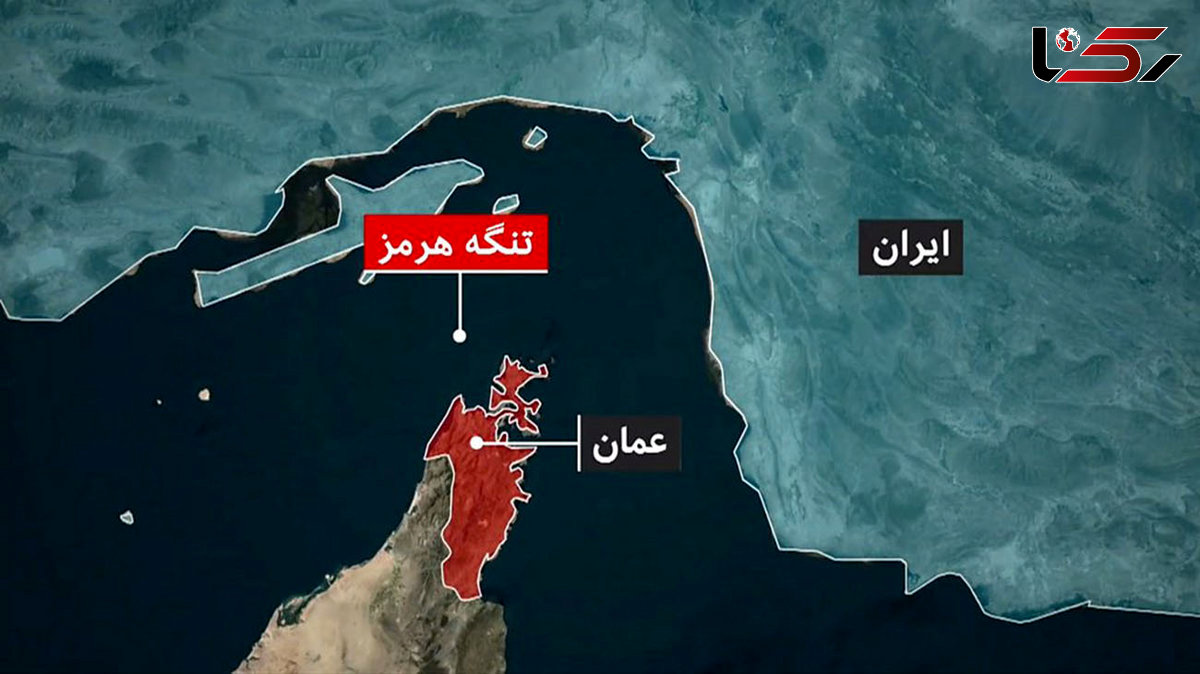Former Head of Parliament’s National Security Commission in Interview with Rokna:
Exiting the NPT and Closing the Strait of Hormuz Would Push Iran Toward War
Rokna Political Desk: The former chairman of the Parliament’s National Security and Foreign Policy Commission has warned that exiting the Treaty on the Non-Proliferation of Nuclear Weapons (NPT) and closing the Strait of Hormuz would lead to greater sanctions, deeper isolation for Iran, and could even place the country in a state of war.

According to Rokna’s parliamentary correspondent, Heshmatollah Falahatpisheh, the former chairman of the National Security and Foreign Policy Commission and a university professor, warned that such measures could place Iran under Article 42 of Chapter VII of the United Nations Charter — a situation that “means war.”
Two Dangerous Proposals: Leaving the NPT and Closing the Strait of Hormuz
Falahatpisheh told Rokna: “There are two highly dangerous proposals being discussed today: one is the plan inside the Parliament to withdraw from the NPT, and the other, put forward by extremists outside Parliament, is to close the Strait of Hormuz. Both of these would intensify and expand sanctions and bring Iran to the threshold of Article 42 of Chapter VII of the UN Charter, which means war.”
He added: “In other words, even if Iran someday comes out of isolation and pursues legal claims against the war waged by the United States and Israel in international forums, such mistakes (the above two proposals) would overshadow those efforts. I even think that under such circumstances the Zionists would seek to justify their aggressive policies against Iran under this discourse.”
Consequences of Closing the Strait of Hormuz
This academic noted the consequences of closing the Strait of Hormuz: “Such an act would be another step toward further isolating Iran, because 84 percent of the oil leaving the Strait of Hormuz goes to East Asia. Seven million barrels per day are exported to China and India — two countries that played a key role in Iran’s accession to BRICS and the Shanghai Cooperation Organization. These two regional pacts represent a kind of lifeline for Iran. Closing the Strait would essentially push away countries that, even if not friends of Iran, are not its enemies either — but such an action would turn them into adversaries.”
Withdrawal from the NPT and the World’s Dangerous Perceptions
Falahatpisheh also warned about the consequences of withdrawing from the NPT: “Iranians might think leaving the NPT does not necessarily mean building a nuclear bomb, but the political climate is so dominated by Iran’s enemies that withdrawal from this international treaty would be interpreted as pursuing nuclear weapons, thereby placing Iran under Article 42 of Chapter VII and effectively provoking war.”
Decision-Making in Foreign Policy at the Highest Levels
In response to whether Parliament has the authority to decide on withdrawal from the NPT, he said: “I believe we live in the era of narratives. For instance, Trump used to publish even the smallest extremist opinions voiced in Iran to justify military aggression. This discourse is dangerous because Iran has already paid the price for extremist bluffs that never materialized. The nuclear issue is part of the broader domain of foreign policy strategy, decided in the Supreme National Security Council and ultimately requiring the Leader’s approval.”
Extremists Benefit from Sanctions; Empty Tables for the People
The veteran politician also reacted to a parliamentary representative’s claim that the “snapback mechanism” has no effect on Iran’s oil sales: “That is an overly optimistic view. In my opinion, sanctions have two consequences: one affects people’s livelihoods, and the other impacts the lives of extremists. Extremists feed off radical rhetoric; the worse the situation becomes and the harsher sanctions grow, the more they gain power and privileges.”
Return of UN Resolutions and Additional Pressure on Iran
Falahatpisheh noted: “The return of the six UN resolutions deprives certain countries of excuses to delay in complying with U.S. Treasury sanctions. Under UN regulations, all states are required to submit periodic reports on Iran sanctions. This makes it easier for the U.S. to intensify sanctions against Iran.”
He continued: “If these remarks and statements are merely aimed at countering the psychological effects of the snapback mechanism, they may be understandable, but policymakers must act based on real-world facts. The reality is that Iran’s file is now the only active case under Chapter VII of the UN Charter. The U.S. and its allies have succeeded in portraying Iran as a threat to international peace and security, exaggerating that threat as always — which represents a failure in Iran’s foreign policy.”
Send Comments